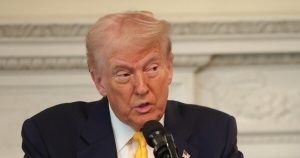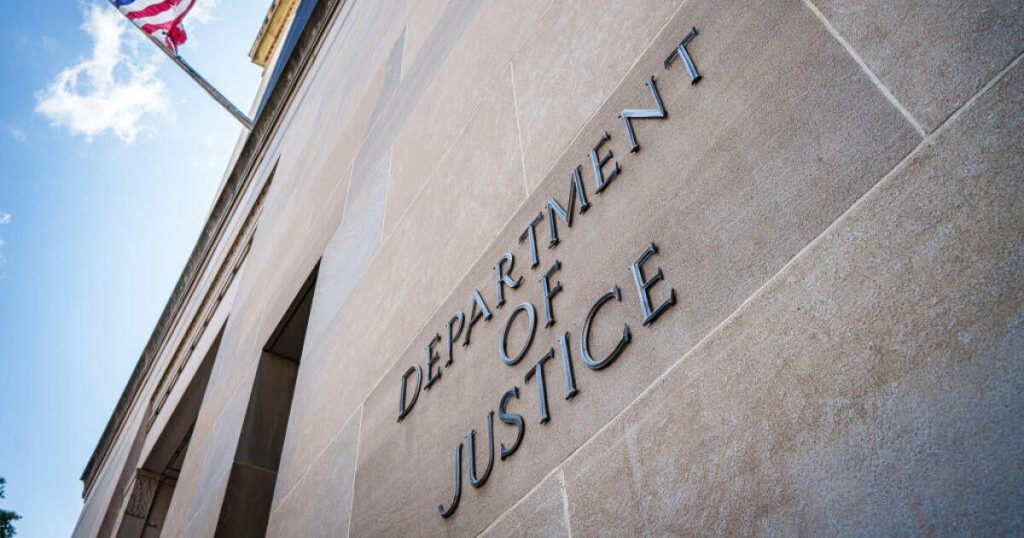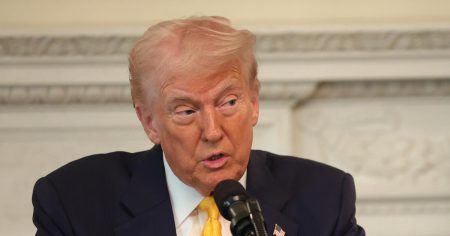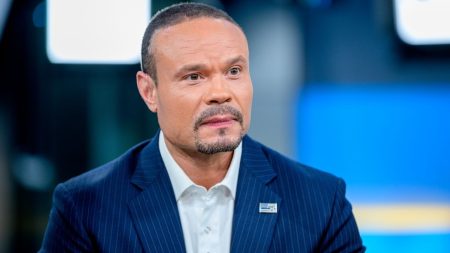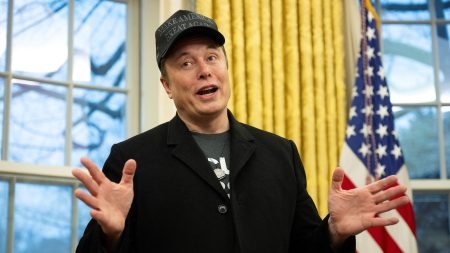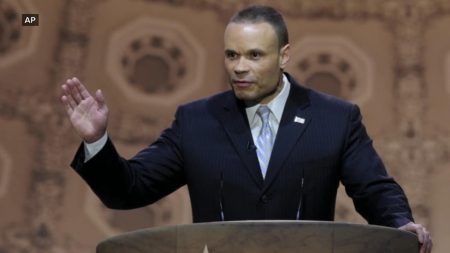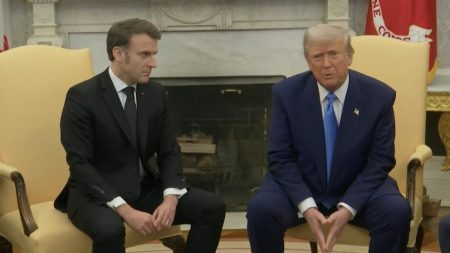How Bondi is Reshaping the Justice Department
Introduction
The U.S. Justice Department is undergoing significant changes under the Trump administration, with key officials resigning and new appointments reshaping the agency’s priorities and operations. One notable development is the resignation of Denise Cheung, the head of the criminal division in the U.S. Attorney’s Office in Washington, D.C. Cheung, who oversaw high-profile cases including those related to the January 6, 2021, Capitol attack, stepped down amid a wave of departures by Justice Department officials. Her resignation follows a series of protests within the department over directives from the acting deputy attorney general to drop a case against New York Mayor Eric Adams. These developments highlight the ongoing turmoil within the Justice Department and the broader impact of political influence on its operations.
Denise Cheung’s Resignation and Its Significance
Denise Cheung, a seasoned prosecutor, resigned from her position as the head of the criminal division in the U.S. Attorney’s Office in Washington, D.C. In her farewell email to colleagues, Cheung emphasized her commitment to upholding the Constitution throughout her tenure, which spanned multiple administrations. While she did not explicitly state the reason for her resignation, her departure is widely seen as part of a larger exodus of Justice Department officials under the Trump administration. Cheung’s role was pivotal, as she oversaw national security cases, violent crime prosecutions, and major investigations, including those linked to the Capitol attack. Her resignation raises concerns about the stability and independence of the Justice Department at a time when it is facing intense political pressure.
A Wave of Resignations and Protests
Cheung’s resignation is not an isolated incident. In recent weeks, a number of prosecutors in New York and officials at Justice Department headquarters have stepped down in protest of a controversial directive from the acting deputy attorney general. The directive instructed prosecutors to drop a case against New York Mayor Eric Adams, a move that sparked widespread criticism and accusations of political interference in the judicial process. These resignations underscore the growing tensions within the Justice Department, as career officials push back against what they perceive as inappropriate political influence. The departures also highlight the challenges faced by the department in maintaining its independence and impartiality in the face of intense political pressure.
The Nomination of Ed Martin and Its Implications
Amid the turmoil, President Trump announced the nomination of Ed Martin to become the U.S. attorney in Washington, D.C. Martin has been serving in the role temporarily since Trump took office and has been a controversial figure due to his involvement in the "Stop the Steal" movement, which sought to overturn the 2020 presidential election results. Martin has also been a vocal defender of January 6 defendants and has used his social media platforms to praise Trump allies, including Elon Musk. His nomination has raised eyebrows, particularly given his role in expediting the closure of January 6 cases, some of which he previously worked on as a defense lawyer. Multiple prosecutors in his office who handled these cases were purged early in the Trump administration, further fueling concerns about the politicization of the Justice Department.
The Impact on the Justice Department’s Operations
The nomination of Ed Martin and the resignation of Denise Cheung are part of a broader shift in the Justice Department’s priorities and culture under the Trump administration. Martin’s background and actions suggest a more partisan approach to justice, with a focus on advancing the interests of Trump allies and undermining investigations into the January 6 attack. The departure of experienced prosecutors like Cheung, who have dedicated their careers to upholding the law, further erodes the department’s credibility and independence. These changes have significant implications for the Justice Department’s ability to handle sensitive cases impartially and to maintain public trust in the judicial system.
Conclusion: The Future of the Justice Department
The recent developments within the Justice Department, including resignations and controversial appointments, reflect the ongoing challenges faced by the agency in balancing its constitutional responsibilities with political pressures. The nomination of Ed Martin and the departure of Denise Cheung highlight the broader trends of politicization and instability within the department. As the Justice Department continues to navigate this turbulent landscape, the question remains whether it can maintain its independence and uphold the rule of law in the face of increasing political influence. The answers to these questions will have far-reaching implications for the integrity of the U.S. justice system and the principles of democracy it seeks to protect.
In summary, the Justice Department is at a critical juncture, with the resignations of key officials and the appointment of controversial figures like Ed Martin reshaping its operations and priorities. The broader impact of these changes will depend on whether the department can resist political interference and remain committed to its core mission of upholding justice and the Constitution.

